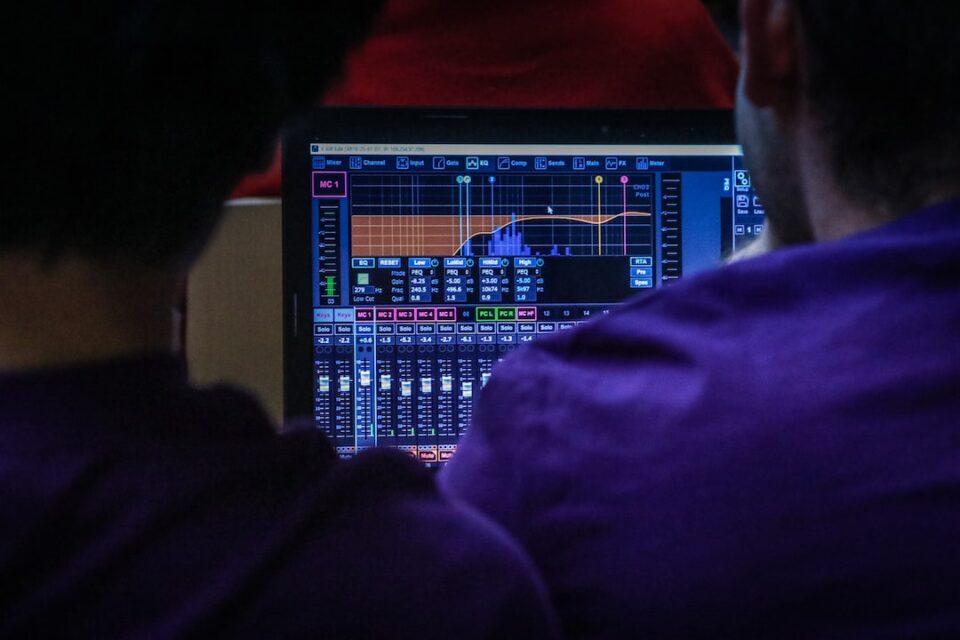In recent years, biometric technology has emerged as a game-changer in terms of security and privacy. This technology relies on unique physiological or behavioral characteristics of individuals, such as fingerprints, facial features, iris patterns, or voice, to verify their identity. While it has been widely praised for its accuracy and convenience, concerns have also been raised about its potential impact on security and privacy.
First and foremost, the use of biometric technology enhances security measures to a great extent. Traditional forms of identification, such as passwords or ID cards, can be easily hacked or stolen, making authentication vulnerable to breaches. Biometric data, on the other hand, is unique to each individual and difficult to replicate. This makes it significantly more secure, reducing the risk of identity theft and unauthorized access. For example, fingerprint scanners have become commonplace in smartphones, allowing users to unlock their devices securely and effortlessly.
Moreover, the implementation of biometric technology has proved beneficial in various industries. For instance, governments have used biometric identifiers to enhance border control measures. Biometric passports, which contain facial recognition and fingerprint data, provide a much higher level of security compared to traditional passports. This not only enhances national security but also expedites the immigration process, reducing waiting times for travelers.
However, the increasing use of biometric technology has also raised concerns about privacy. Biometric data is highly personal and intimate. It encapsulates biologically unique traits and behavioral patterns, which can reveal a significant amount of information about an individual. This raises questions about how this data is stored, used, and shared.
One major concern is the potential misuse of biometric data. If this data falls into the hands of malicious actors, it can be used for identity theft or other nefarious purposes. Additionally, the centralization of biometric databases, which is necessary for large-scale implementation, poses a risk of data breaches. Organizations need to ensure robust security protocols to safeguard this sensitive data from unauthorized access.
Furthermore, the issue of consent and transparency arises in relation to using biometric technology. Individuals should have complete control over their biometric data and be well-informed about how it will be used and shared. Privacy laws and regulations need to be in place to protect individuals’ rights and prevent the abuse of biometric data.
In conclusion, biometric technology has undeniably revolutionized security measures, providing enhanced accuracy and convenience. From fingerprint scanning on smartphones to biometric passports, this technology has proven to be a valuable tool. However, its implementation also raises concerns about privacy and the secure management of biometric data. Striking a balance between security and privacy is crucial to ensure the responsible use of biometric technology. It is essential that organizations implement robust security measures, respect individuals’ privacy rights, and comply with the necessary regulations to mitigate any potential risks and protect sensitive biometric data.

